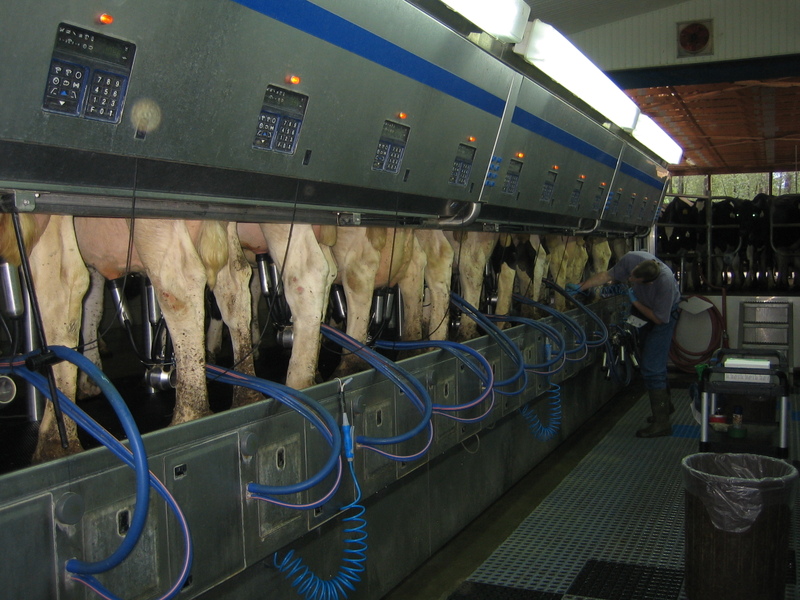Change doesn't just happen overnight, it happens both over-night and during the day. Change happens whenever people live it, not when we observe it.
The following is a piece I wrote for one of my classes this semester that attempts to capture this sentiment. It includes both a spoken word piece and a short explanation of the piece. Hope you enjoy!
Anyone who has been to an Occupy general assembly knows the true rate of change – slower than turtle slow. Yet, when one removes themselves from the frustration of this time consuming process, they are struck by the essence of the moment. In front of the individual is a group of people who are more than willing to suffer through the monotonous motions of consensus while actively participating in a demonstration of inspirational social change. Here, it is the moment that is of utmost importance, for it is in this moment that change occurs. A conversation is started that had been previously hushed, someone is made aware of an important issue, and individuals and groups are transformed into something new. Even if the process appears to be slow and arduous, change is happening and should not just be criticized (although it is important to be critical). Instead, it should be celebrated and affirmed.
I wrote this particular piece after a conversation with my roommate about the Idle No More movement. Specifically, we were discussing the perceived fractured and ambiguous nature of Idle No More. People are often quick to criticize the movement while denying it any credibility because members within the movement often disagree with each other. Furthermore, people complain that the movement’s goals are unclear and that their cause would be strengthened with a list of specific demands. Similar arguments have been made about other recent movements such as the Occupy movement. However, I believe that these movements represent a new kind of social movement. These movements are comprised of decentralized individuals who are committed to the idea of social change. Although these individuals may disagree with one another at times, they are all dedicated to seeing the end of oppression, domination, and suppression. These people refuse to wait for change to happen and instead live their lives with the idea that change is happening through them.
Poetry and spoken word are powerful tools for social movements and activism. Sarah Browning writes, “Poetry and other art forms can combat despair, inspire those working in the trenches of social change movements, humanize those we are taught to fear, and build bridges across our differences, telling our human stories” (see below for citation). In his lecture on poetry and activism given on January 22, 2013 to a SJS 200 class, Bud Hall talked about the seemingly magical moment when poetry is read aloud, allowing a transference of ideas from one to another in a way that often mystifies and astounds us. Poetry and spoken word go beyond communicating simple concepts, having the ability to communicate emotion and feeling. For example, Bud Hall read aloud a poem that addressed the criticism of Occupy’s lack of concrete demands. The poem itself listed many varying demands that were both personal to the author and universal to the movement. Instead of presenting a clear list of demands however, the poem was able to communicate the complexity of the movement while reasserting its credibility. I hope that my piece might serve a similar role for social movements such as Occupy and Idle No More. I hope to demonstrate these movements’ complexity and often-contradictory nature while reestablishing faith and hope in the change they bring.




